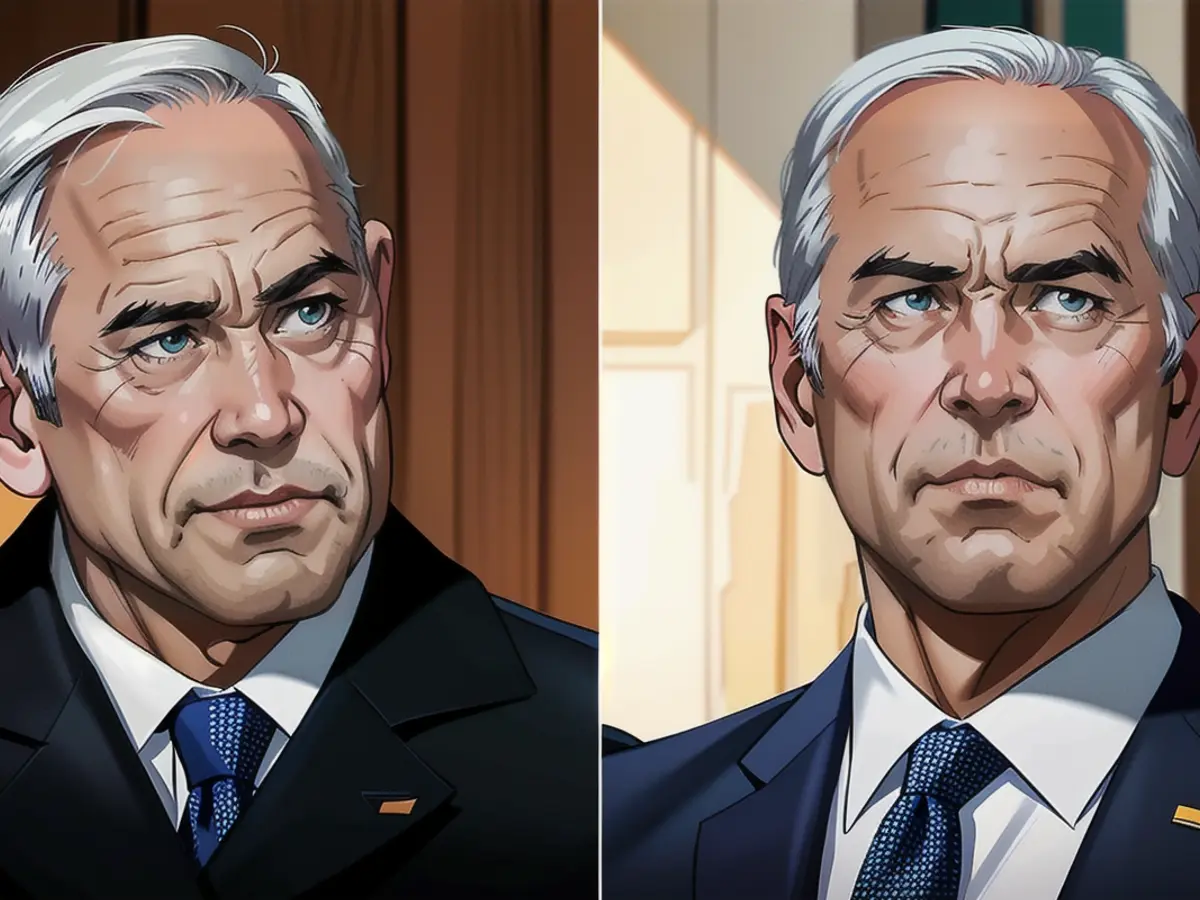Biden held a conversation with Netanyahu on a pivotal day in the Gaza peace negotiations on Wednesday.
The Vice President, Kamala Harris, joined a crucial conversation during Gaza's truce discussions. Previously, Antony Blinken, the U.S. Secretary of State, mentioned in Israel that this could be the final chance for a pact. Biden made the call from Santa Ynez, California, where he was vacationing.
On Tuesday, Netanyahu suggested that a peace deal with hostages and Gaza might not happen, while emphasizing Israel Defense Forces troops would remain at the Philadelphi corridor on the border of Egypt and Gaza. This is quite a thorny issue in the ongoing talks.
Representatives from different parties have held sessions this week to zero in on an agreement's specifics, following the introduction of a compromise proposal by the U.S., Egypt, and Qatar last Friday. Bill Burns, the CIA Director, and other high-ranking negotiators are expected to return to Cairo for more critical discussions this weekend.
Blinken declared on Tuesday that, despite Netanyahu's statements, Israel has consented to the deployments of IDF forces from Gaza as per the latest intermediaries' proposal to edge closer to a truce with Hamas.
In relation to reporters, Blinken said, "The agreement is very precise about the timeline and locations of IDF withdrawals from Gaza, and Israel has agreed to this."
Blinken and his U.S. colleagues have refused to disclose details about the proposal presented last week. The agreement is structured around three phases, culminating in the complete withdrawal of the IDF from Gaza. However, Israeli officials have repeatedly voiced their concern that a solution must be found to secure the Egypt-Gaza border, which has long served as a conduit for smuggling.
The Philadelphi corridor's army placement and the possibility of Palestinians returning to their homes in the north have been among the most significant blockades in the Israel-Hamas truce negotiations. Hamas has insisted on a total IDF withdrawal from Gaza and the right of citizens to return to their homes.
Blinken shared that Netanyahu affirmed Israel's consent to the mediation proposal and, consequently, its detailed plan for withdrawal during their meeting.
A high-ranking U.S. administration official forcefully contradicted Netanyahu's statements about not withdrawing, labeling them "unreasonable assertions" that are "not helpful in sealing a ceasefire agreement."
Blinken was concluding his quick visit to the region at the time, as the U.S. makes what it considers a final effort for both sides to agree to the ceasefire agreement, halting the conflict in Gaza and liberating the Israeli hostages imprisoned by Hamas.
Blinken emphasized in Israel on Monday that the responsibility now lies with Hamas to agree to the most recent proposal to bridge the remaining conflicts.
Following elite negotiations in Doha last week, further meetings by experts from either side to refine the details of a potential Hamas-Israel accord continued.
This story has been updated with new developments.
Jennifer Hansler, a CNN correspondent, contributed reporting.
The ongoing politics surrounding the Israel-Hamas truce negotiations involve discussions about the deployment of IDF forces from Gaza and the return of Palestinians to their homes. Blinken highlighted that Israel has agreed to the specifics of the withdrawal, ensuring a precise timeline and locations.








